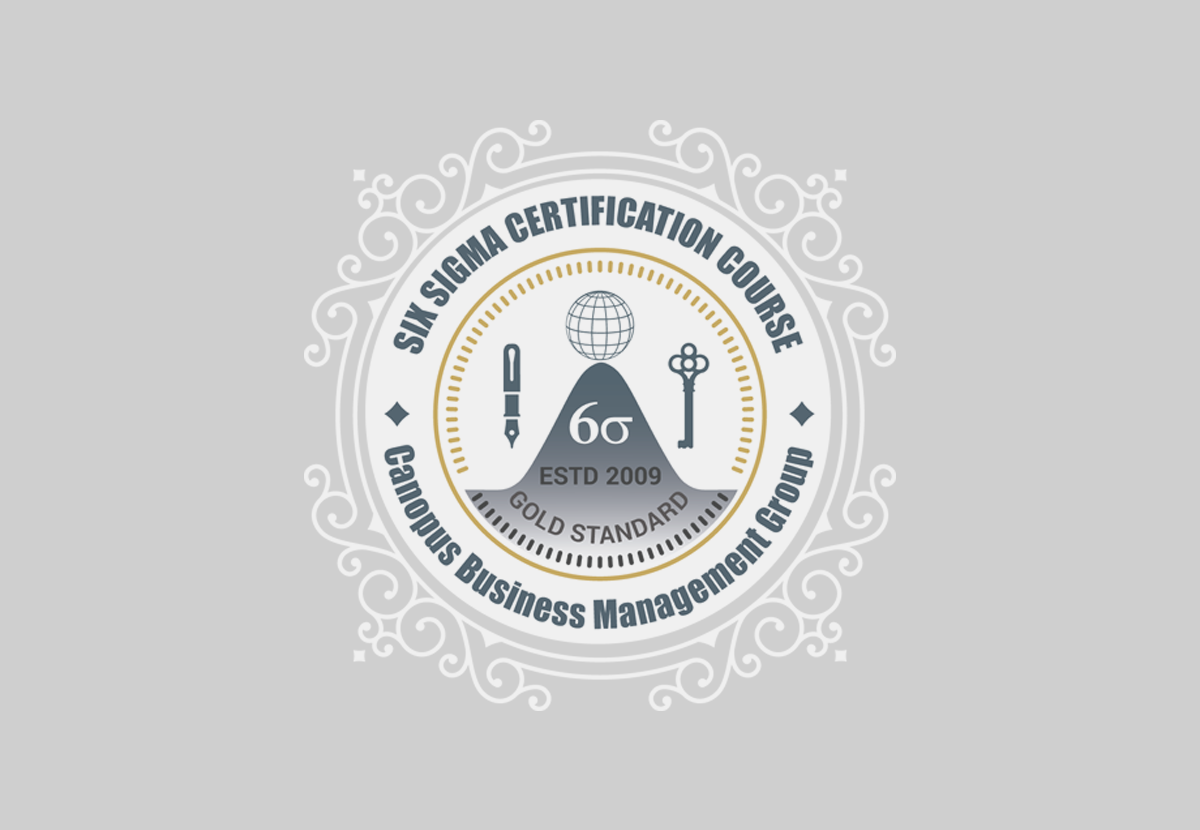Business Intelligence (BI) refers to the use of technology, data analysis, and strategic decision-making to help organizations gain valuable insights into their business operations. BI can be used to identify trends, forecast future outcomes, and make data-driven decisions that can help organizations achieve sustainable and profitable growth.

Here are some ways in which business intelligence can lead to sustainable and profitable growth:
- Improved data accuracy and accessibility: BI tools can help organizations collect and analyze accurate data from different sources, such as social media, customer feedback, and financial reports. This data can be used to identify trends, patterns, and insights that can inform strategic decision-making.
- Better forecasting and planning: BI tools can help organizations forecast future demand, sales, and revenue, allowing them to make informed decisions about resource allocation, product development, and marketing strategies.
- Improved operational efficiency: BI tools can help organizations identify inefficiencies in their operations, such as supply chain bottlenecks, and suggest ways to optimize processes to reduce costs and increase profitability.
- Enhanced customer insights: BI tools can help organizations analyze customer behavior and preferences, allowing them to tailor their products and services to meet customer needs and improve customer satisfaction.
Competitive advantage: BI can provide organizations with a competitive advantage by helping them stay ahead of industry trends, identify new business opportunities, and respond to market changes faster than their competitors.
In summary, business intelligence can lead to sustainable and profitable growth by providing organizations with valuable insights into their operations, enabling them to make data-driven decisions, and helping them stay ahead of their competitors.





